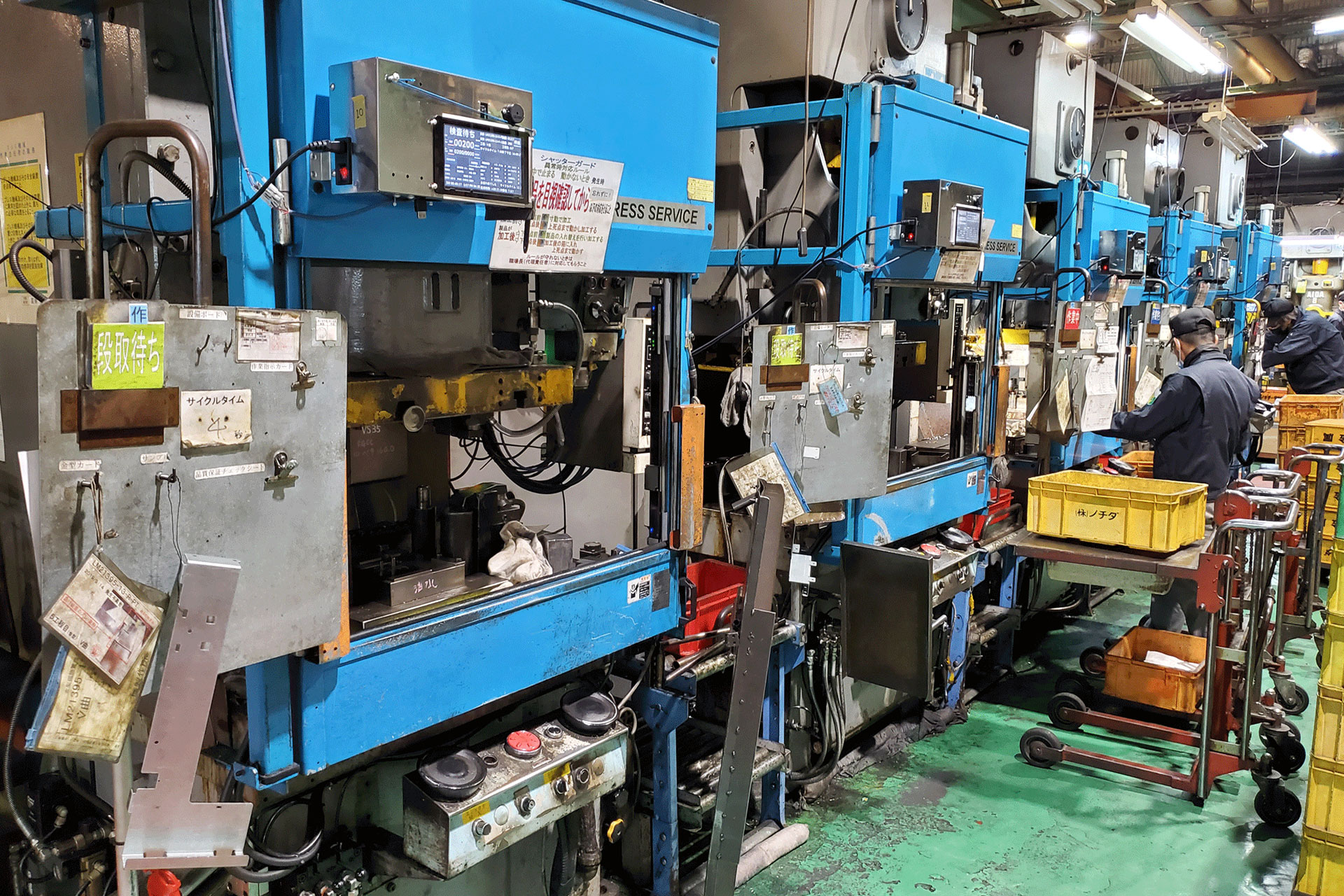
Cross-border app development: a roundtable discussion about collaboration, planning and development of halal locator app, HaloDish
HaloDish, a newly launched locator app by eftax, offers its service to Muslims in Japan. The app development was a joint, cross-border collaboration between Japanese student interns at eftax and engineers working remotely from all over the world. The interns discuss not only the purpose of the new service, but also what led to the development of the app and the behind-the-scenes of the process.
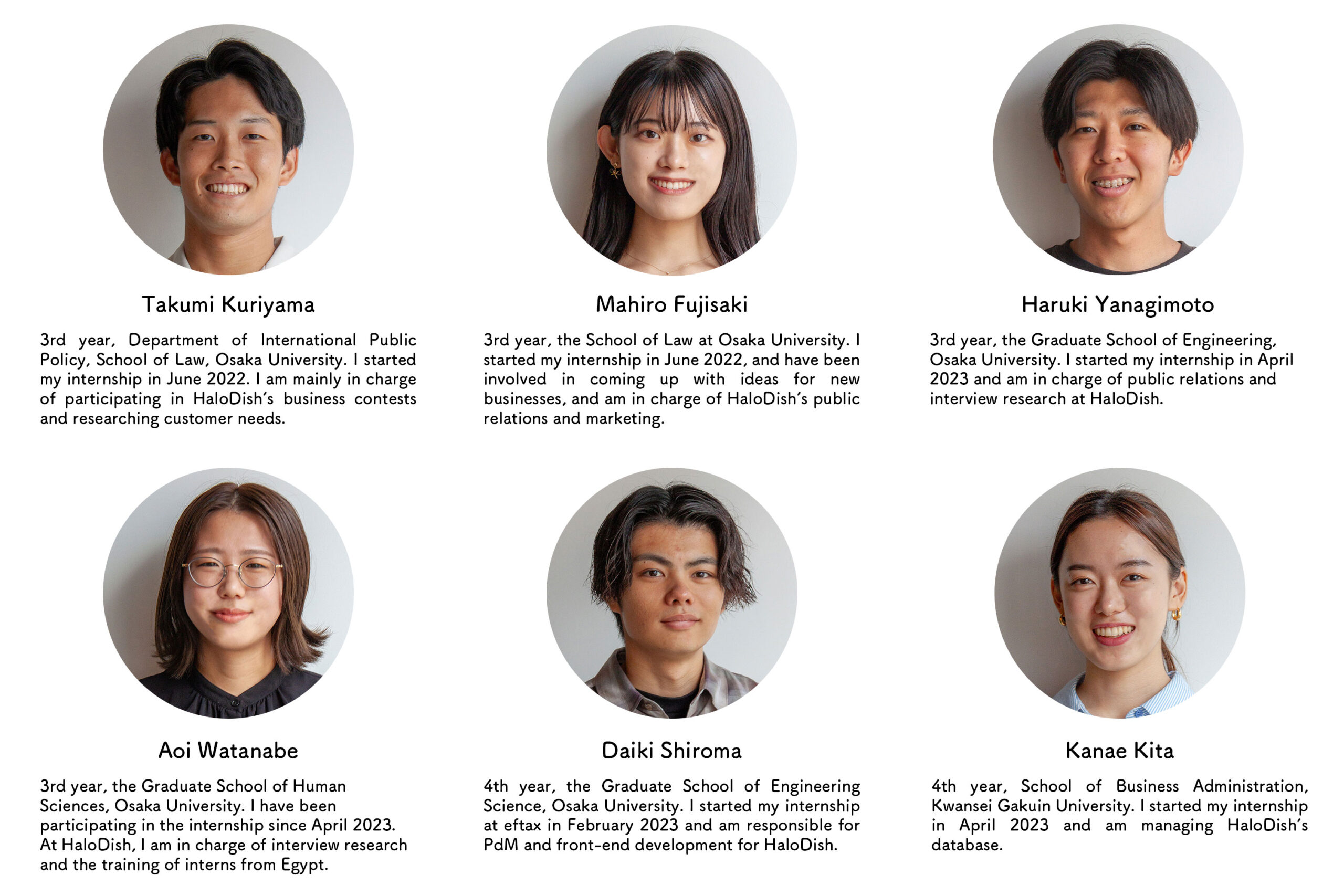
Cross-border app development: a roundtable discussion about collaboration, planning and development of halal locator app, HaloDish
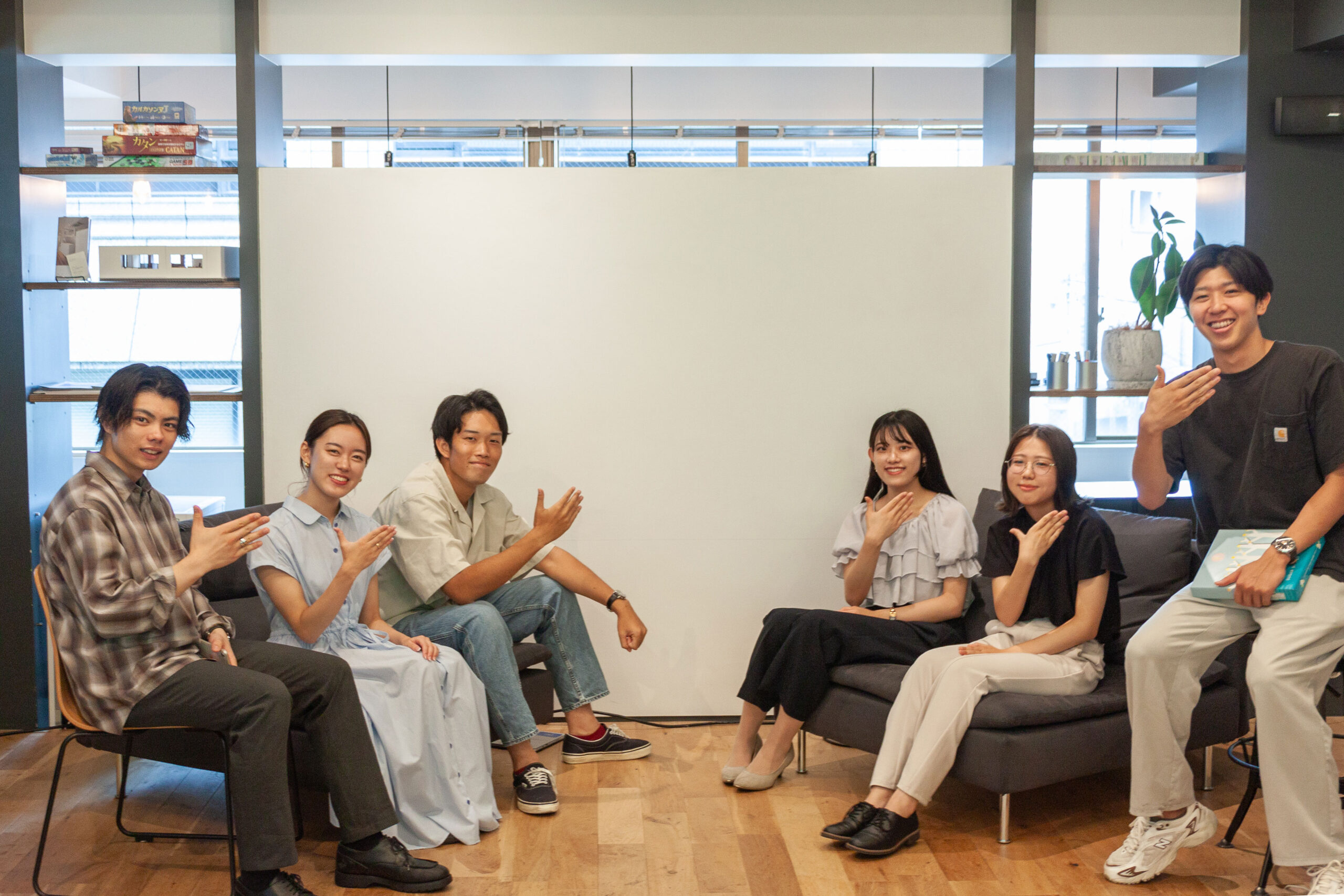
What is “HaloDish”?
Kanae:HaloDish is a service that allows you to search for halal restaurants, mosques, and places of worship in Japan. For example, when searching for a halal restaurant, you can check not only business hours and location, but also halal-friendly menus, ingredients, and cooking processes, so users can search for restaurants that match their halal values.
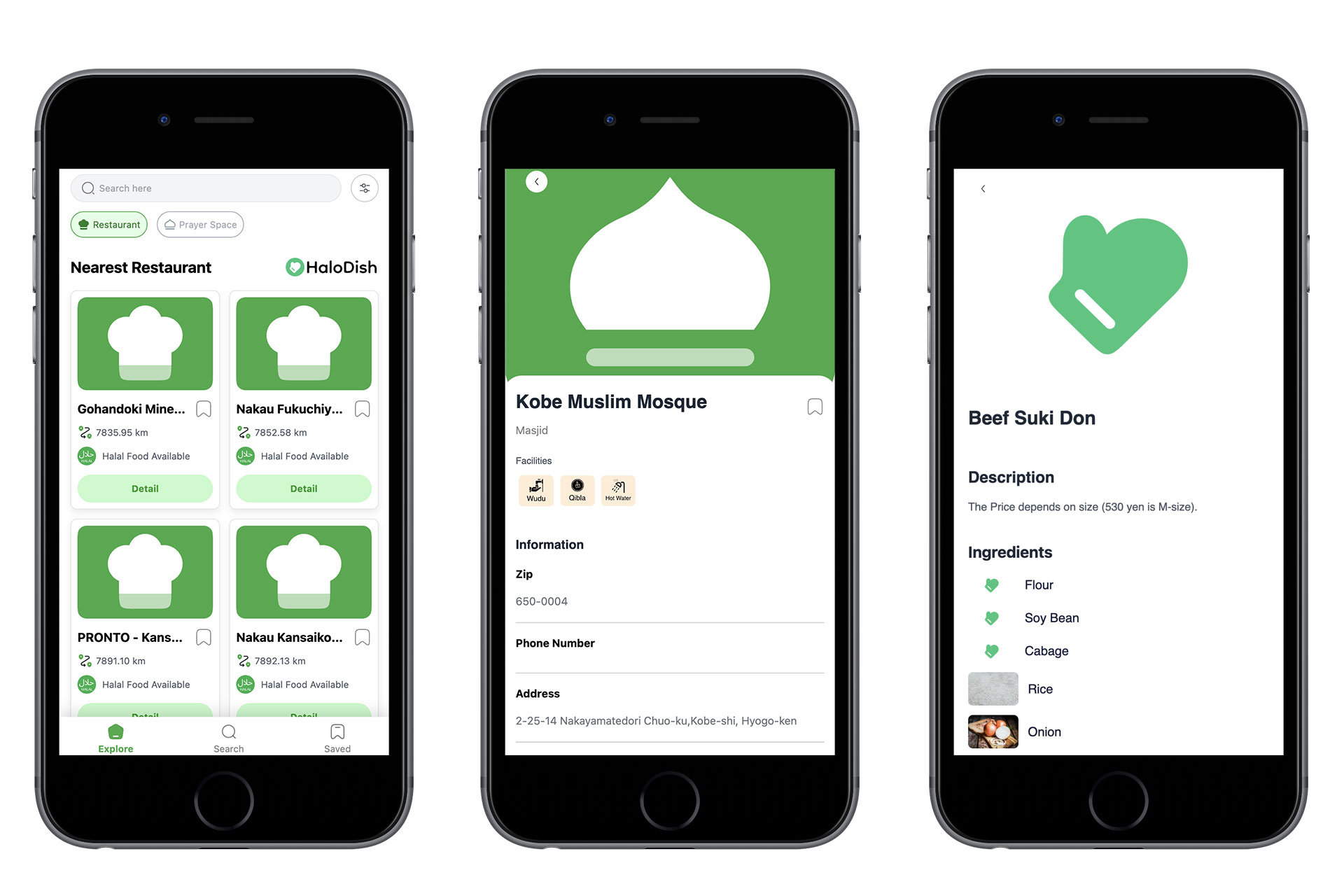
Daiki:HaloDish started as a web application and eventually expanded to mobile apps for iPhone and Android. It is intended to be used by the Muslim community living in Japan, and the currently supported language is English. We will expand our coverage area nationwide and overseas in the future.
What Led to the Launch of the Service HaloDish?
Takumi:The mission of eftax’s Japanese student internship program was to “launch a new business.” The first task of this project was to come up with an idea based on the theme, “a service that can be gradually expanded from Japan to other countries.”
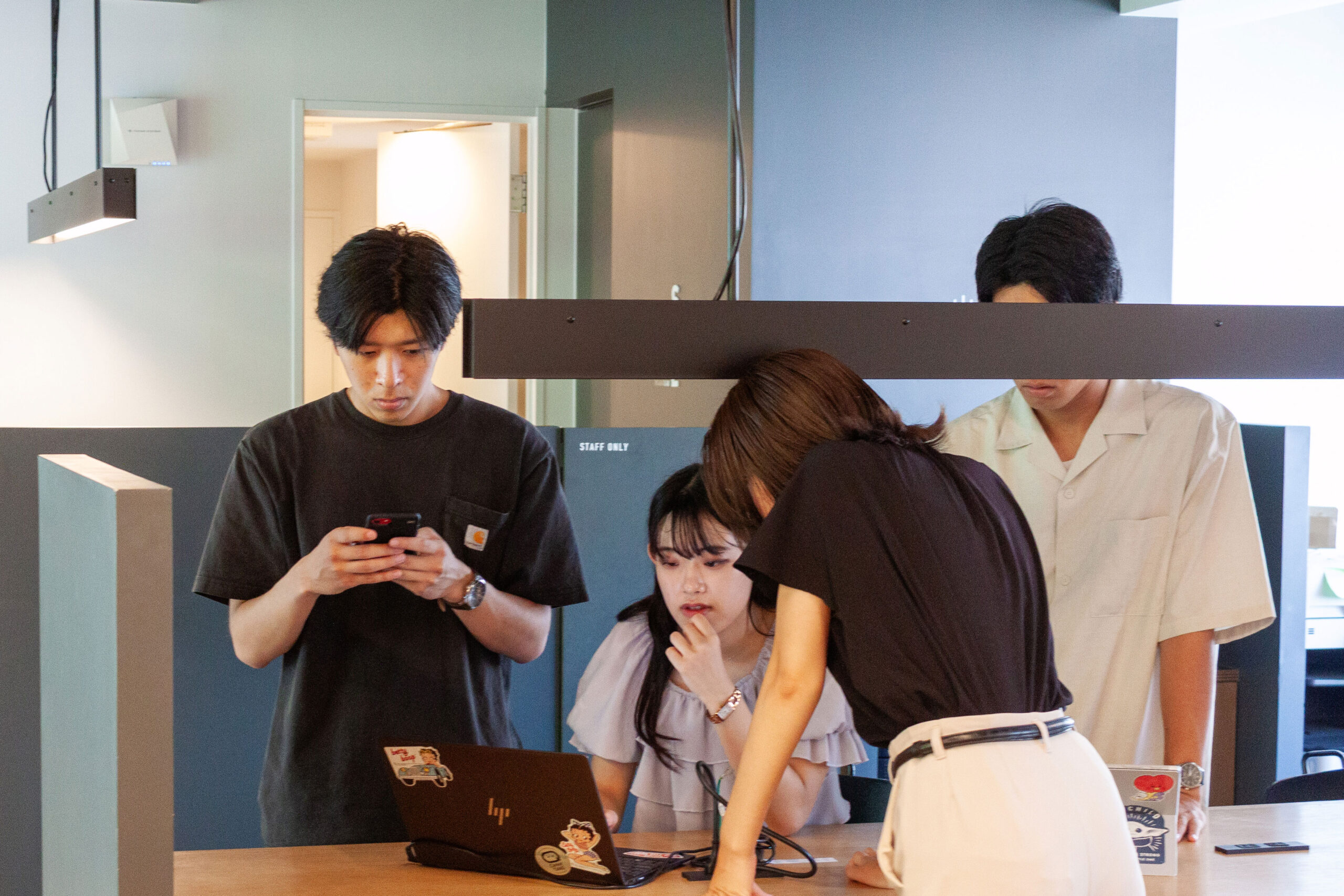
Mahiro:For me, this stage of deciding on what kind of business we will do was the most difficult. Once the details were decided, things started to move smoothly to a certain extent, but at this stage when everyone was thinking about what kind of business to develop, progress stalled…I remember that we all took a lot of time thinking about it..
In the HaloDish project, the members have changed several times due to graduation from school and employment. At this time, we formed a team of five fresh interns, and our goal was to come up with 200 ideas between the five of us!
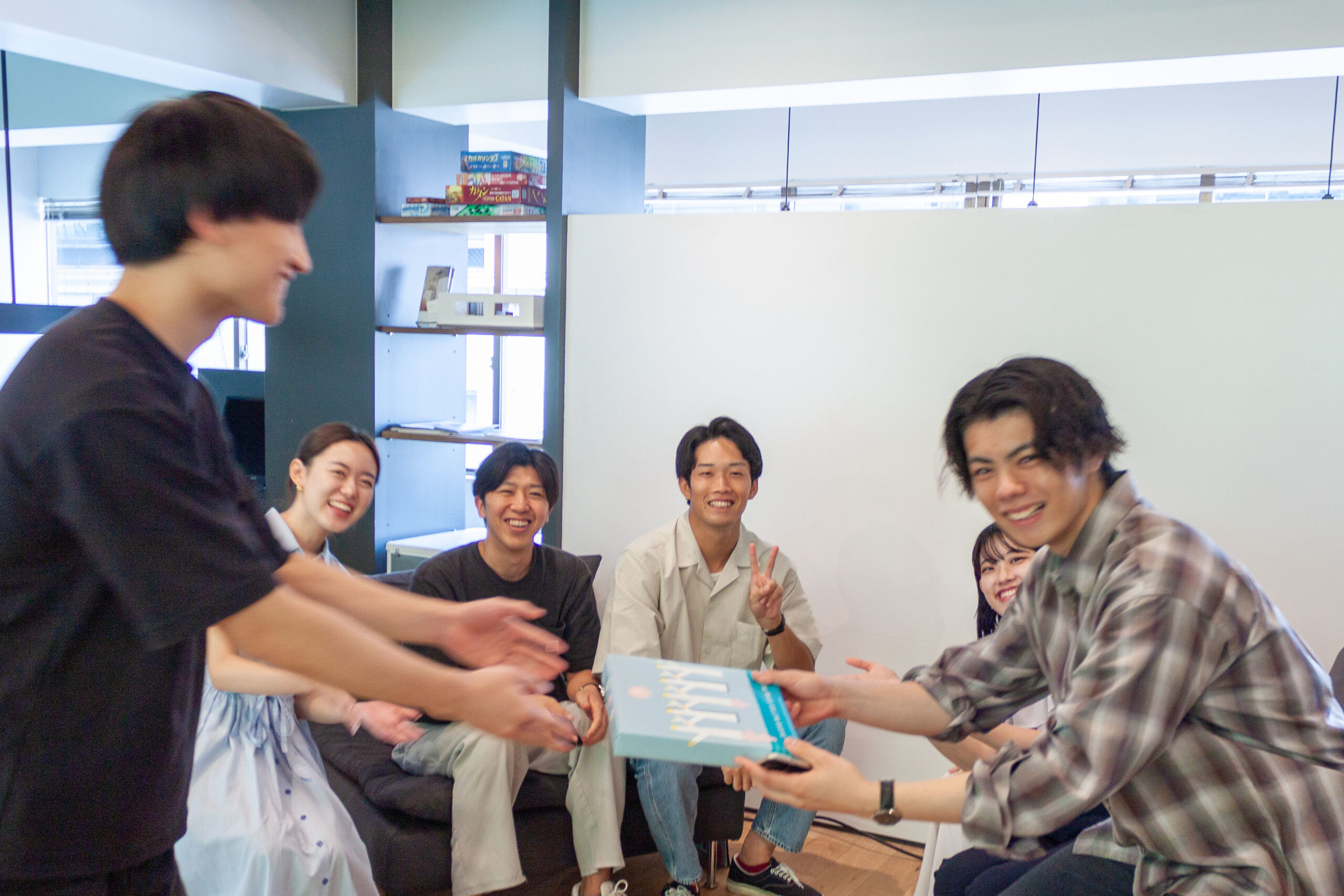
Whilst we were coming up with interesting ideas such as digital transformation (DX) of agriculture or even a teacher and school matching service, nothing quite clicked so we decided on holding a competition in which each person was in charge of one to two ideas they wanted to push for.
We interns independently determined six evaluation criteria for the competition, including marketability, novelty, business profitability, feasibility, level of interest, and globality.
The most difficult aspects were novelty and business profitability. There seemed to already be pioneers that tackled most of the things that I thought, “I want to solve this problem!” or “This idea is great!” (laugh).
Takumi:Even if we propose the idea thinking it’s good, after a lot of research, we find similar services popping up one after another (laugh). I too, found the most challenging part was satisfying the novelty.
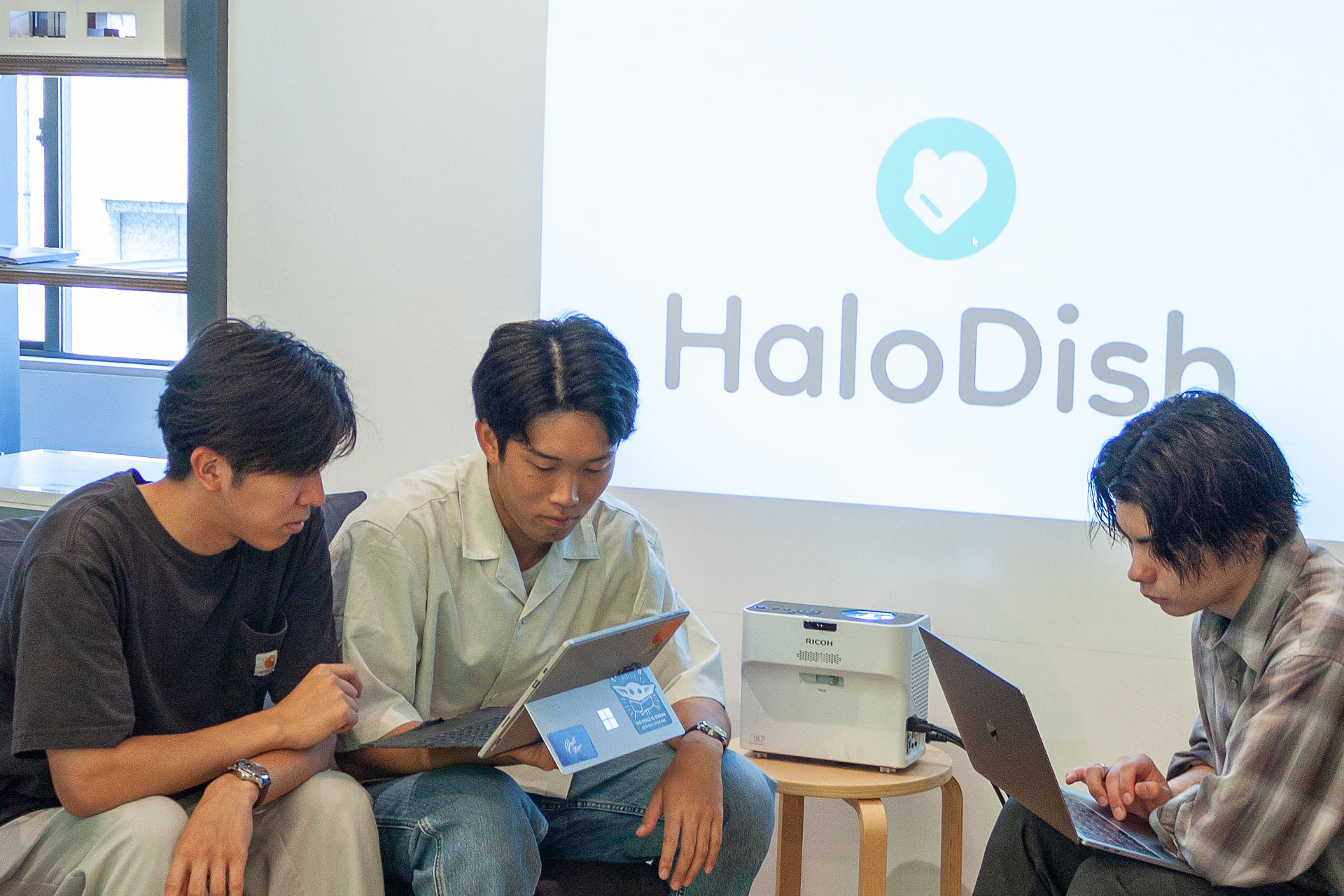
Mahiro:Because of this roadblock, we decided on changing our approach on the novelty factor: “Rather than providing new value, we should provide value that exceeds what our competitors are providing.”
The difficulty with business profitability was that we were still students and did not have the ability to predict things like, “How much profit will we make?” or “How much will it cost?”.
We overcame this by proceeding with the two final standing proposals from the competition at the same time. We conducted further research and discussion, and selected the one with the highest potential for commercialization. Yes, it means HaloDish was chosen as having the highest possibility.
Reason for Targeting Japan’s Muslim Community
Takumi:HaloDish was inspired by a member’s problem: “I don’t know which restaurant to choose when going out to eat with my Muslim friends.”
This was something that I myself felt was an issue based on my experience of studying abroad in Canada. I realized that compared to Canada, Japan is not as considerate in terms of language and philosophy, as well as dietary issues such as vegetarianism and veganism.
There is also the social background of an increase in the Muslim population both domestically and internationally. Our team had heard from an Indonesian acquaintance, who is a Muslim residing in Japan, that he had trouble eating out.
Daiki:Also, eftax has many Muslim engineers, and having developers who have an end-user perspective is a strength.
Takumi:I agree. After deciding to focus on Muslims living in Japan, we conducted research on competitors and the market, and carried out interviews to find out what problems they were facing.
Developing an App Based off First Hand Information
Aoi:It was quite difficult to find Muslims to interview in the first place. Even though I say the number of people is increasing, it’s still not that many. First, we interviewed international students and eftax engineers around us. Also, this is an advantage of being a student, but I worked really hard to find connections with friends who were professors and international students.
Mahiro:Also, there was a local festival for Muslims, (looking at Daiki) I think you went for us…?
Daiki:Ah, I went! I remember going there… there were no Muslims at all (laugh).
Mahiro:Yes, even though we went to events with that sort of theme, sometimes there were no Muslim people there… (laugh).
Not everything went to plan but I’m so thankful for people like the Muslim organization of Ikeda City in Osaka Prefecture who kindly agreed to be interviewed.
Takumi:Yeah, we did do that interview.. We could also connect with other people thanks to them.
Aoi:Speaking of which, there was also an exchange meeting with foreigners in Minoh City…
Takumi:Oh there was!
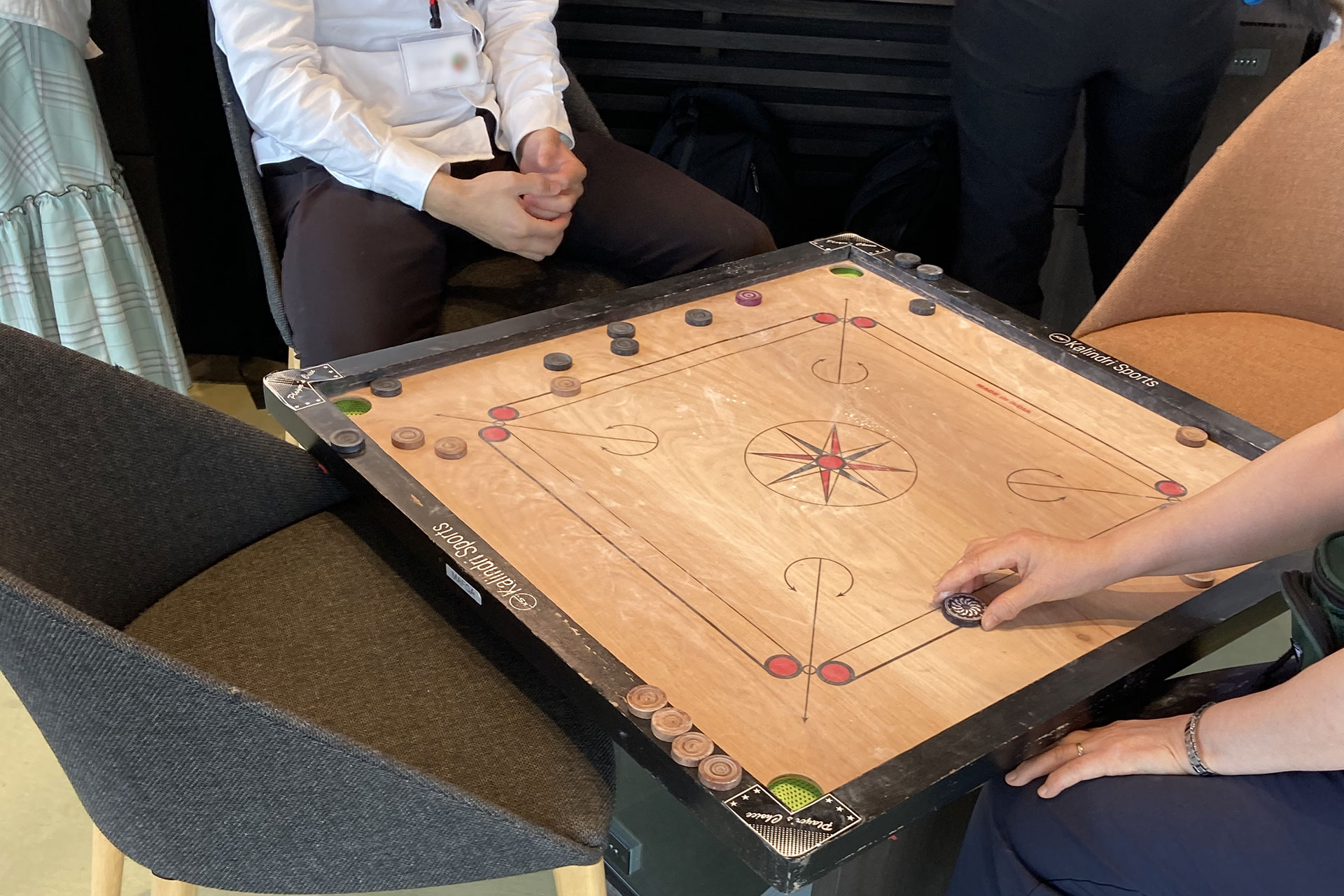
Daiki:Well, it just means that it took a lot of legwork to get this information.
Takumi:That’s right, make the most of connections. We somehow managed to keep connecting from one network to the next.
Aoi:Except for the interview with my friend who is a Japanese government scholarship student, most of the interviews were in English.
Haruki:I studied abroad in Vancouver for one year, Takumi studied abroad in Vancouver for half a year, and there was another member who went to Vancouver just yesterday, so I think it was good that we had a strong English proficiency as a team.
Aoi:The most common thing we heard in the interviews was the issues relating to food. Food labels written on the back of products often contain technical terms, so unless you have a fairly high level of Japanese, it can be difficult to search for and secure food items on your own.
When they go out to the supermarket or eat out, they are unable to check the signs and menus, and some say, “I don’t eat out much in the first place”, “I only go to places I know are safe”, and “I always end up eating the same thing because it’s hard to find.”
Takumi:On the other hand, after conducting many interviews, I sensed the existence of potential customers. Many people said, “If I knew I could eat there, I would want to go, but I can’t because I don’t know.” Every time I hear it, I think it’s such a waste.
Aoi:The second most common problem after eating was finding a place of worship. Most people pray at home, but when they go out, they don’t have a place to worship. If you are in a place where others can see, you will attract attention, so after looking for a private room, it seems that people often use fitting rooms or nursing rooms. However, I heard some people say, “I feel apologetic to God” because they were unable to secure a place due to congestion and were unable to make it to the Salat times.
Takumi:The process of translating the customer needs that emerged from those interviews into a single service was extremely difficult.
When you say “Muslim” in one word, there are a wide variety of people. For example, even among fellow Muslims, there are those who say, “I can’t eat pork, but gelatin is OK”, or “I drink alcohol”, “I absolutely can’t drink alcohol, and I don’t like using the same cooking utensils.”
In addition to ingredients such as pork and cooking wine, it is also necessary to cook with completely different equipment than those used to handle non-halal items.
Depending on people’s point of views, the types of food they could or could not eat varied greatly, and the more interviews I conducted, the more this came up.
Mahiro:There was also an idea to narrow down the targets based on the degree of strictness, but the question is, “What is the degree of strictness?”
Aoi:Even when we say degree, it’s not like a fixed amount where level 1 is this amount and level 2 is this amount.
Mahiro:Definitely. For example, “It’s okay if I don’t read the food label” or “It’s okay if I don’t realize that it contains non-halal ingredients.”
It was difficult to make a clear decision, and I didn’t think it was something we could have much involvement in, so as a way to solve that problem, we came up with a specification that allows individual users to select using a filter.
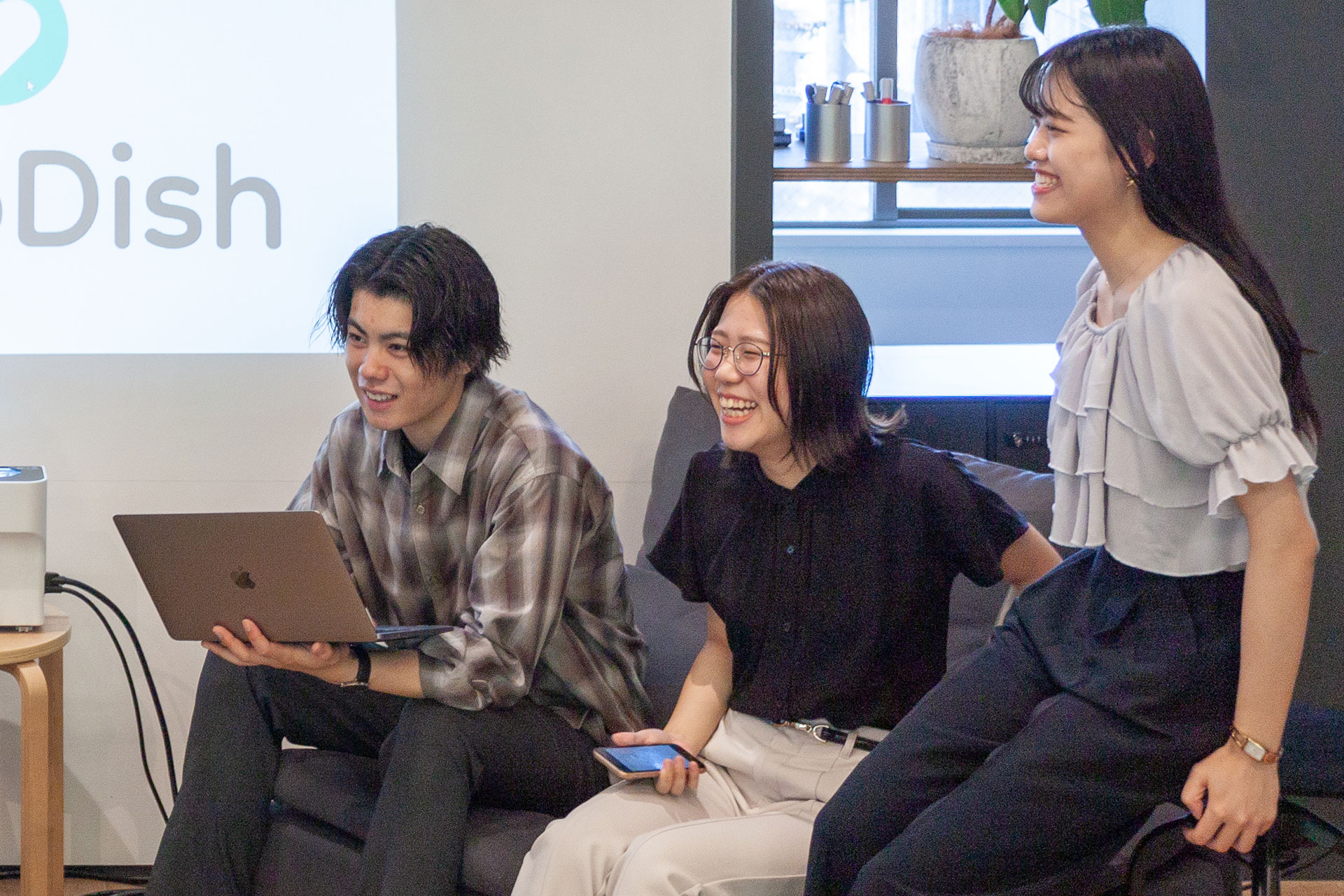
Aoi:The system allows users to select the ingredients and cooking utensils they want to avoid and filter them out. This filter feature is the primary link between interview results and the application.
Daiki:However, we have not introduced enough filter items for halal based on each person’s values, so we will continue to improve it without being complacent. Ultimately, we would like to be able to filter out anything that violates each criteria.
An Encouraging Response Validates Business Opportunity
Takumi:Everyone was friendly and responded willingly, so it wasn’t that difficult to interview them.
When I visited the Kobe Muslim Mosque and asked the people who had come to worship if I could speak directly with them and have them participate in a survey, I told them, “We are trying to create this kind of service”. Everyone was happy and said “Sounds good”. I felt that the reason we were able to receive such a response was because everyone’s problems and issues actually existed here.
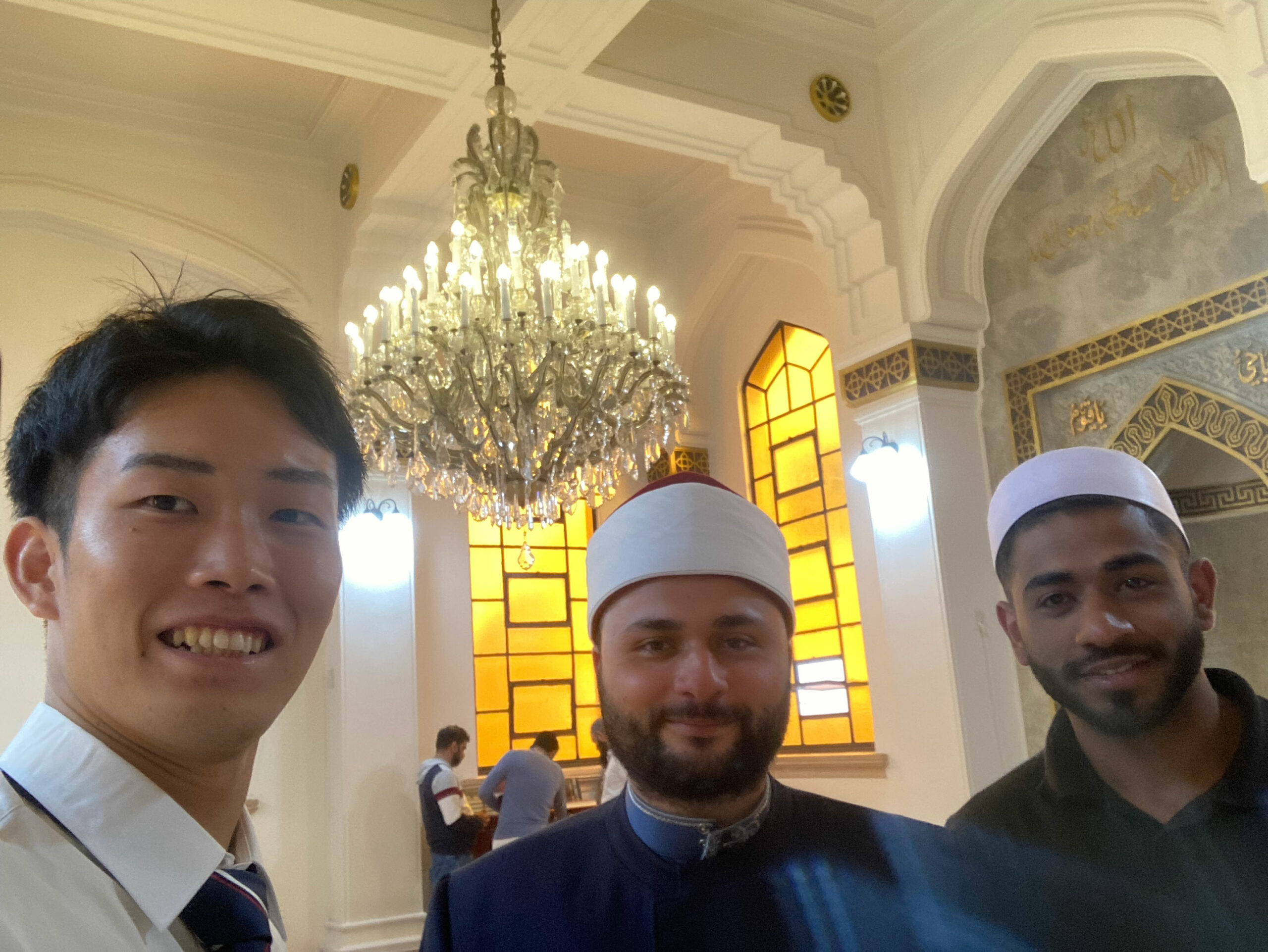
Takumi:This is a bit of a side note, but I happened to be present at the Kobe Muslim Mosque at the same time a wedding was being held there. Just as I was finishing my interview appointment with a person involved with the mosque, the wedding ceremony suddenly started. Before I could fully comprehend the situation, I realized that I was also attending the ceremony (laugh).
Afterwards, they had a dinner party, and for some reason, the atmosphere of the situation led me to participating together.I asked “is it okay for you?” and why they were treating me so well when we’d only just met that day and was told that, “in Islam, everyone is equal before God, regardless of being family, friends, or relatives, everyone is equal. That is why we can celebrate together, even if we met for the first time today”. According to what I heard later, only about a quarter of the attendees were relatives and acquaintances of the couple, and the rest were people like me who happened to be present at the time. It was very interesting to be introduced to a world that I knew nothing about and before I knew it, 6 hours had passed!
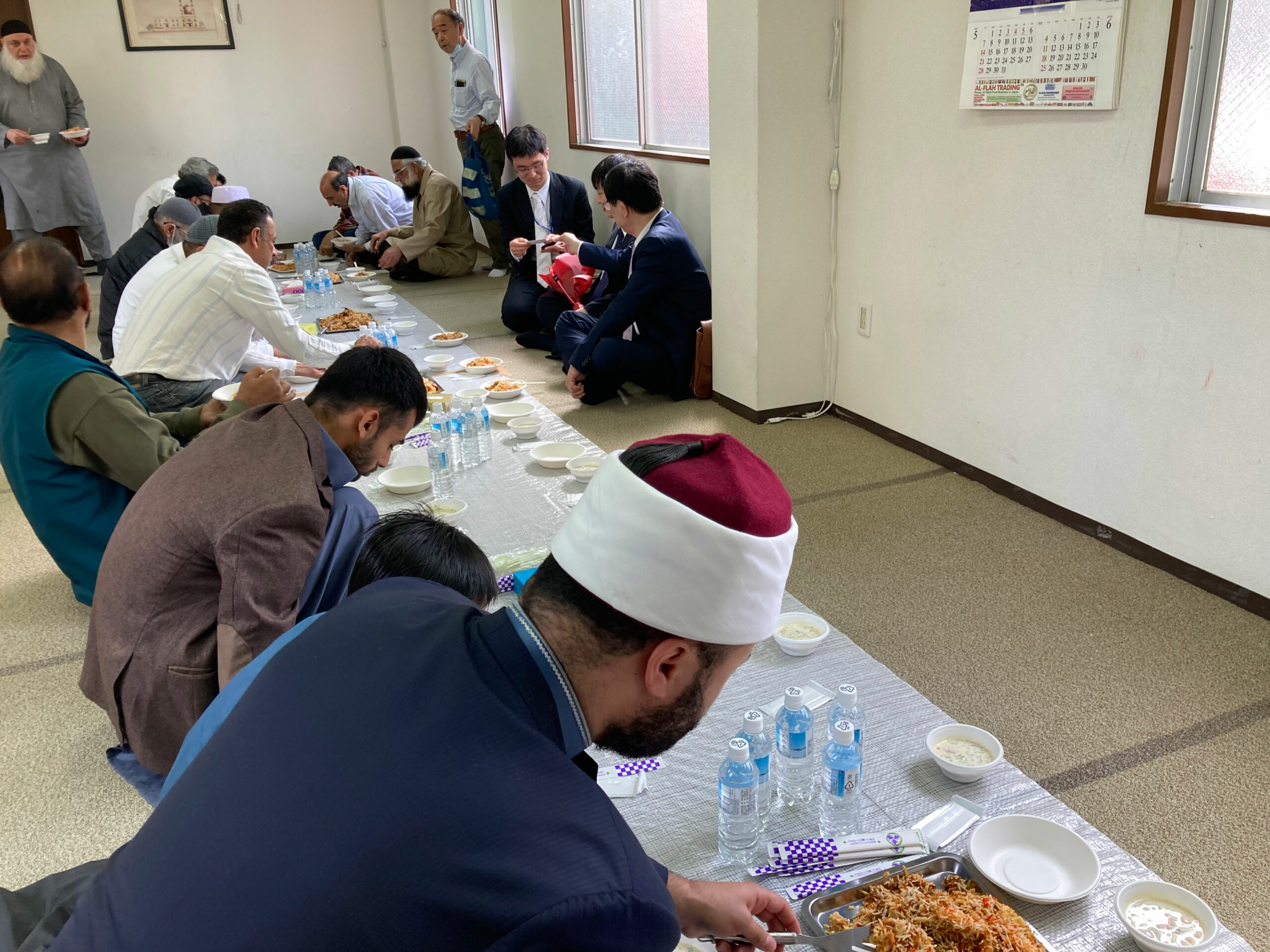
Daiki:Takumi and I visited Mr. Dickey, Director of the Indonesian Trade Promotion Center at the Consulate General of the Republic of Indonesia Osaka Japan, who was very kind to us.
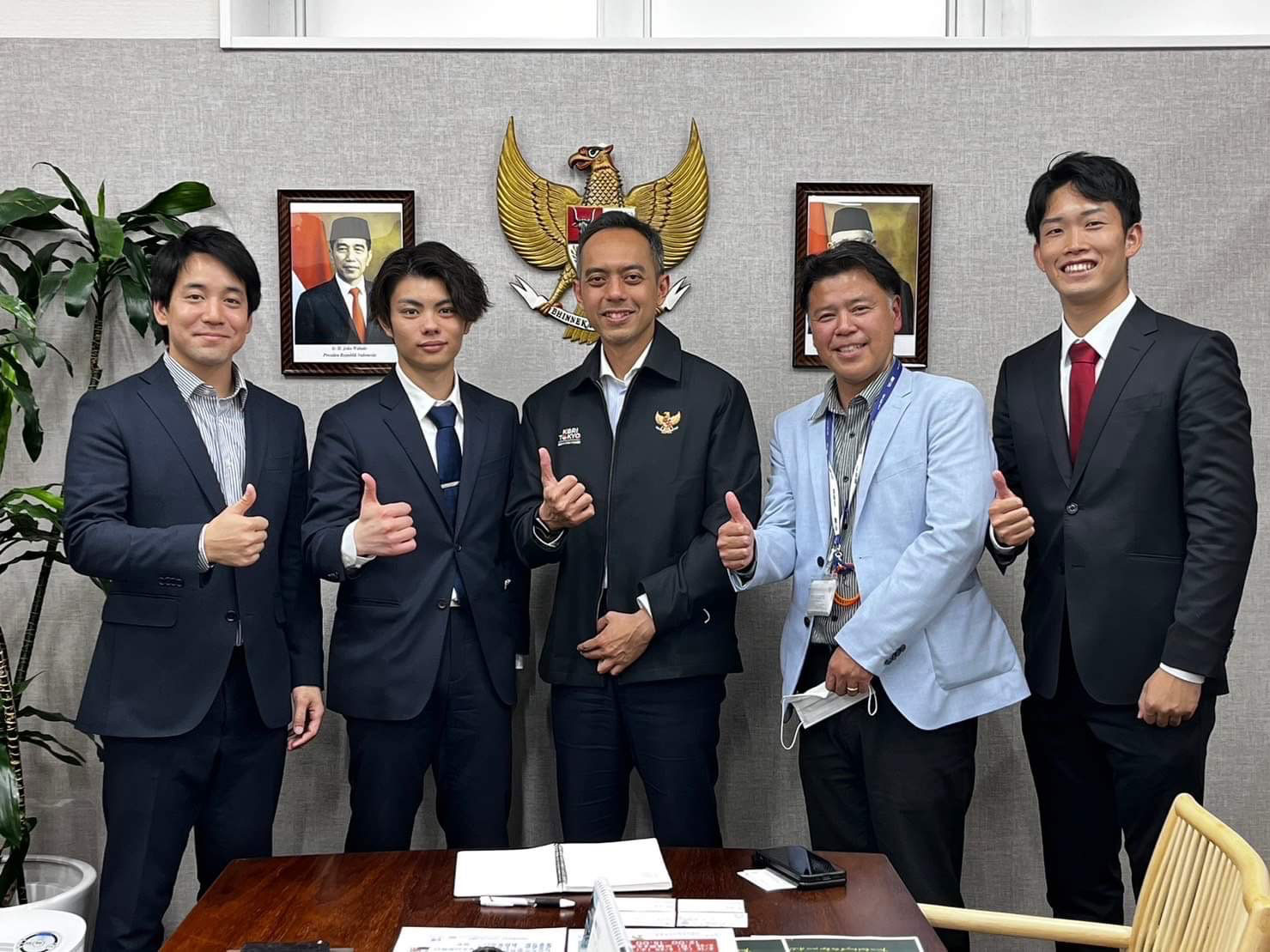
Daiki:He said that although there are a few halal services in Japan, they are not integrated, so I got the feeling during the interview that there might be a business opportunity. Although there are such things as halal ramen and halal sushi, they are all partial. It’s not integrated like Grab or Uber in other countries, so when we told them we wanted to create something like that, we received a very positive response.
HaloDish Project Led by Students
Daiki:First, we divided up roles so that we could make moves that took advantage of our strengths. I’m in a development department at university, and starting next year I’ll be working in that same position at a company, so I’ll be working on development. Like that, each member was assigned a role according to their skills, those who were good at marketing managed social networking sites and formulated strategies, and those who spoke English conducted interviews.
Haruki:We held an online meeting once a week, shared with the team how many hours we could work that week, and assigned tasks according to the number of hours. Although there were variations from week to week, we adjusted it so that it is equal overall.
Aoi:Most of the members go to the same university but the campuses are different, so we basically communicated online.
Mahiro:There were several times when we gathered at a cafe near the school to work.
Challenges in Collaborating with Engineers From Other Countries
Daiki:It was my first experience developing a product of this scale. What I found most difficult was not deciding on the task and developing it, but rather figuring out what direction to go in and making sure everyone had the same product image.
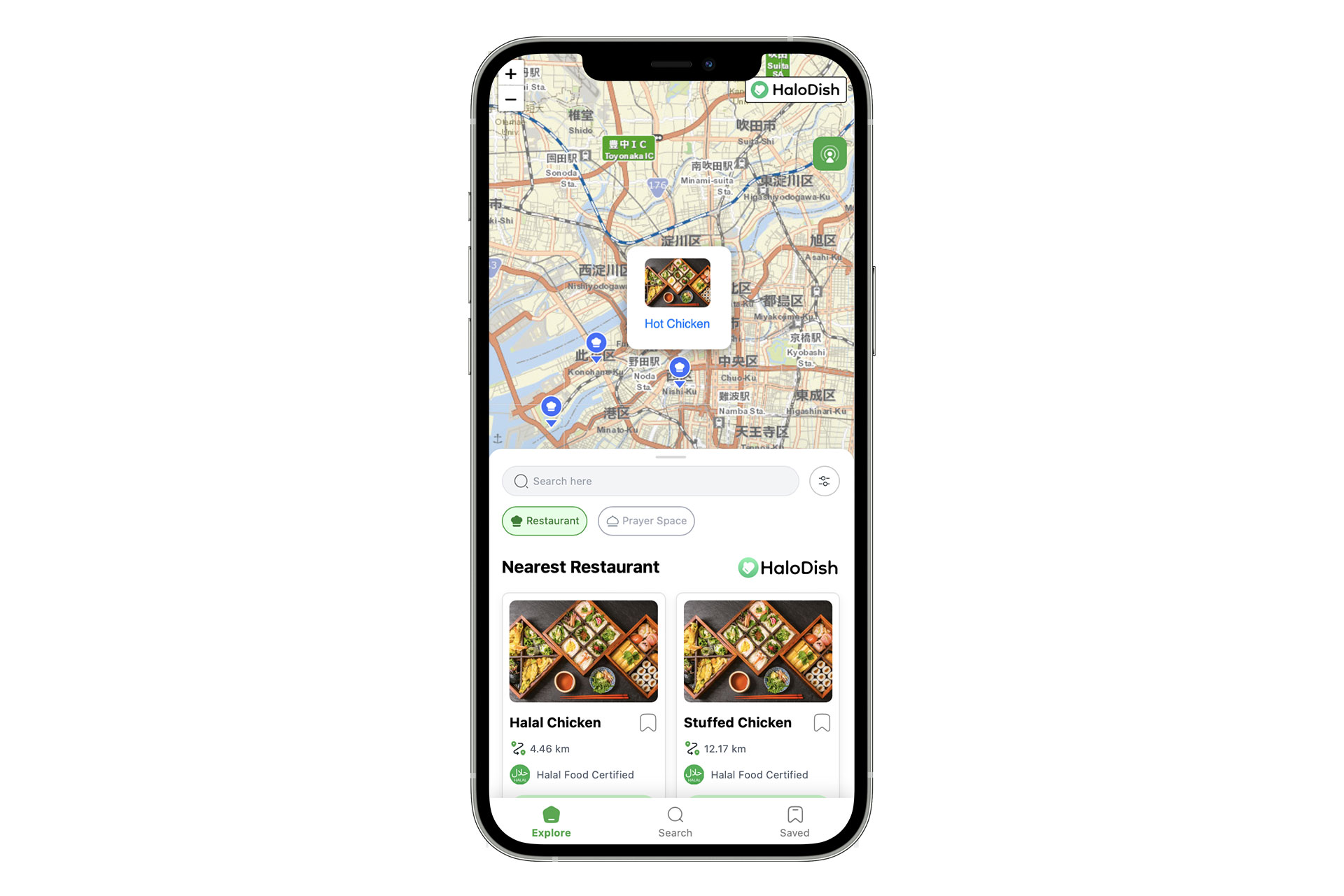
Daiki:When I asked our designer to design a search screen, we received a design that was completely different from what I had imagined. At first, I thought, “Why is this happening?”, but it made me realize how difficult it is to align each product’s image.
The designer’s proposal was for a UI that allows users to search by category, such as food or places of worship. On the other hand, what I had in mind was a map interface where you could search for stores on a map. Many apps that allow customers to order from the comfort of their own home by choosing from known restaurants and delivery times use a category search UI, but this doesn’t fit HaloDish’s persona and vision. When looking for a restaurant or place of worship when you are out and about, you need to know how far it is from your current location, what it looks like, what kind of menu it has, and what is on the menu. Knowing this would be more in line with HaloDish’s direction.
Mahiro:The reason we started with services specifically for eating out was because our interview survey showed that people tend to have more trouble eating out than eating at home. For example, one person said, “Even if I want to eat something on the go, I can’t look it up quickly, so I can’t enjoy eating out.”
Aoi:Also, I got the impression that there wasn’t much practice in eating ready-made meals(*). I’m not sure if it’s because they don’t know what foods are available in Japan, or if it’s culturally lacking in the first place, but the overwhelming majority of people said they cook their own food when they eat at home.
(*A meal style that is an intermediate point between eating out and eating in, such as purchasing prepared food, takeout, and delivery.)
Daiki:When I spoke about this with our development team, they were immediately convinced. I have learned that barriers can be removed by presenting concrete examples and by making a logical argument for why you think that way.
There is also the difficulty of communicating remotely and speaking a different language. When I developed something with an acquaintance, we were able to exchange opinions face to face in a flash. But this time, there is a time difference, and many members are working on the side, so it is difficult to manage progress, also, communication is in English……
Aoi:Daiki handled all the development aspects.
He often relayed points of confirmation from the engineers, such as filter specifications and how much information to display on the store, to us, the business team for consideration.
I don’t have much programming knowledge and didn’t know what format would be best, so Daiki gave me a lot of advice, such as “this kind of format is convenient”.
Daiki:One of my jobs was to find a compromise between the information that engineers have, the actual content of the program, what can be done realistically, and the ideals of the developer. I think it’s quite difficult to reconcile it with reality so that it doesn’t just become idealistic.
Aoi:We are so greatful. You know, Daiki really takes advantage of his strengths in both engineering and business knowledge.
Daiki:I think that it was also vital that we incorporated the real voices of the people through conducting surveys.. If we don’t have that sort of opinion to consider, we’ll just end up getting ahead of the product. There are many cases where functional value is created first and then it cannot be used in reality. It is very important to gather real-world opinions through interviews and incorporate them into a realistic line in order to create a product.
Well, actually I am not good at English. When we did the interview at the Indonesia Trade Promotion Center Takumi, who is very good at English, actively communicated with them, which was so helpful.
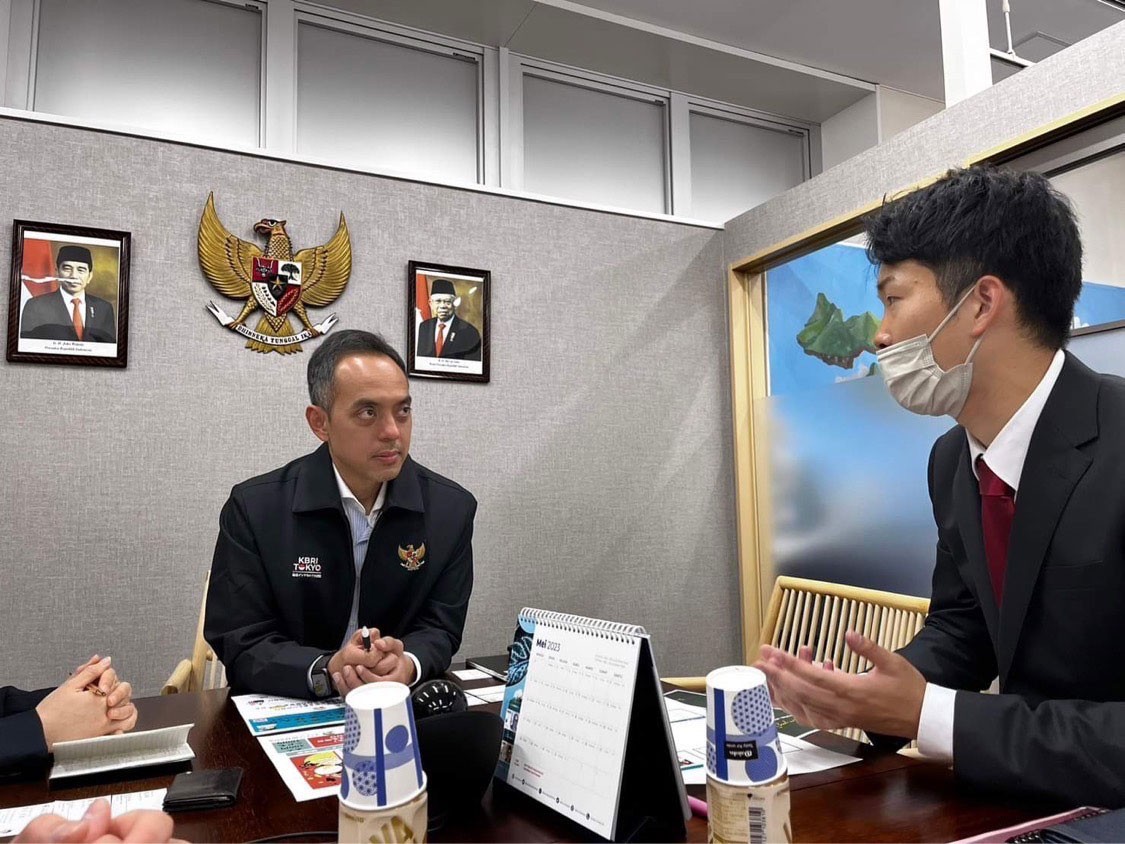
Create New Business Opportunities Through Partnership with Us
Haruki:In the future, we will increase the number of users and focus on public relations to increase the number of stores, facilities, companies, and organizations that can list and partner with us.
The newly opened Instagram account will mainly be used to send out service information specializing in B2C, such as introductions to dishes at restaurants.
An intern from Egypt is scheduled to join our team for a short period starting in October. I’m really looking forward to it because I can incorporate the opinions of people in the Arab world and they can also help with marketing. I hope to be able to share that progress with you at some point.
Mahiro:We will also be posting recommended restaurants from our HaloDish business team, so please follow HaloDish instagram.
Aoi:It is convenient for Muslim people to find food they can eat and stores are happy to see an increase in patronage so it is a win-win situation. In line with this, we will continue to improve and expand our service that helps realize a diverse and inclusive society as a business that creates a win-win environment for everyone.
We aim to provide a comprehensive service that will make all aspects of life convenient for the Muslim community if they use HaloDish.
Daiki:At launch, we offer searches for restaurants and places of worship, however, we will expand to include retail businesses such as those that supply halal goods in the future. Eventually, I would like to handle the planning and development of halal foods and EC as well.
Our services are not only for end users, but also for businesses and we can also provide consulting on customer acquisition, sales promotion channels, and consumption behavior.
If you are involved in food-related companies or restaurants and are looking for new business opportunities, please tie up with HaloDish and seize the opportunity together.
What Was Learned From This Internship
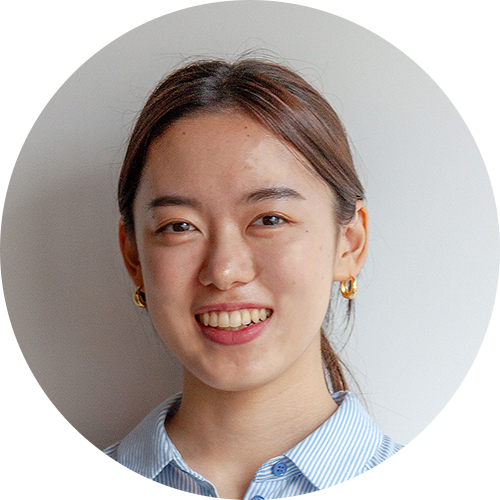
It was a great learning experience for me to realize the importance of considering the opinions of the minority, rather than only focusing on the majority. After graduating, I will work for a company related to the food products that this service handles. I hope to continue to value the new perspective I gained through this internship even after I join the company.
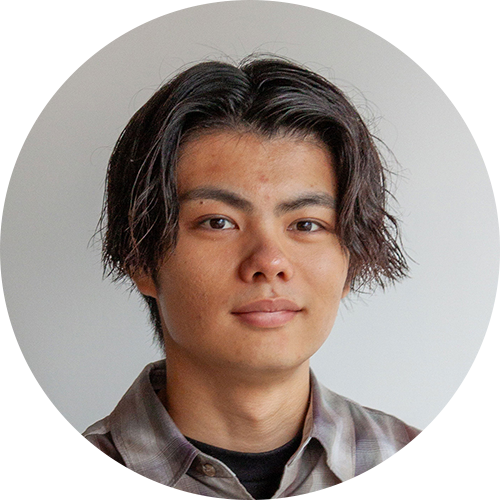
Can I use this opportunity to recruit engineers?(laugh) I think we want engineers who have a business mindset. If anything, I feel that there are many people who have a product-out mindset, and there are few engineers who are able to place importance on the user and service perspective. I would be extremely excited if we had an engineer who could proceed with product development without getting too caught up in technical fanciness, but also from a business perspective, such as profitability, business expansion, and “what value do users really want?” ! I would love to work with you.
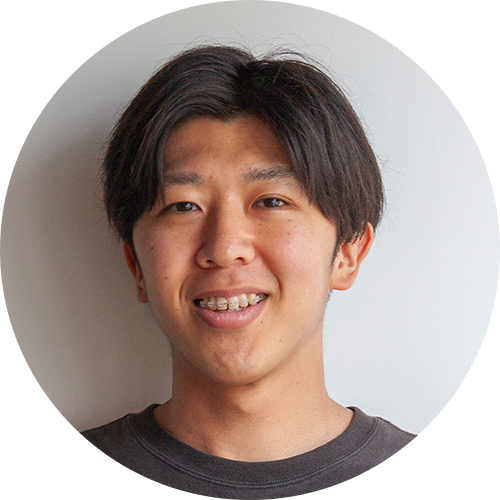
While studying abroad in Vancouver, I met many different people and got a first-hand experience of “diversity”, but I didn’t have much of an awareness of the issues and it was just my impressions. During my internship at eftax, I took surveys and spoke directly with people, and I realized that there were a lot of problems. At the same time, I felt motivated to solve problems. At university, I am learning about machines, autonomous driving, space, artificial satellites, car and robot design, etc. In my field major, I aim to solve social issues, so I gained an awareness of issues and solutions through this internship. I want to make use of this desire from now on.
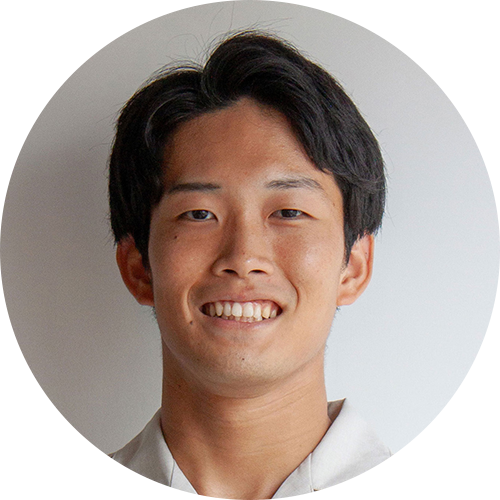
What I learned was similar to Haruki, and I think it was great that I was able to experience and learn about the process and methods of solving social issues through business. This is because I was the type of person who thinks about things like national policy. This time, I was able to experience that rather than trying to solve problems from the top down, companies, individuals, and even small organizations can contribute to solving problems, increase profits, and create a successful cycle.
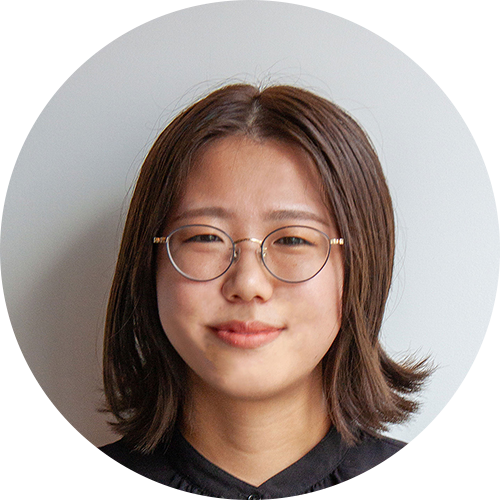
I have many friends overseas through my university and student organizations, and I often hear them say, “Let’s broaden our horizons”. However, through this internship project, I realized that it doesn’t take much to see that there are many problems closer to home. Something like, it’s hard to see what is under your nose. I think it’s great I was able to realize that there are people close to me who are facing issues so it definitely broadened my horizons in that sense.
Also, the appealing part of interning at eftax is that you can receive direct business advice from people working on the front lines. There are some benefits to students having all the discretionary authority, but this can end up with nothing more than running around in confusion among the students. I think the appeal of interning here is that you can receive advice from managers and employees, such as “Maybe it’s better to do things this way” or “How about this way?”.
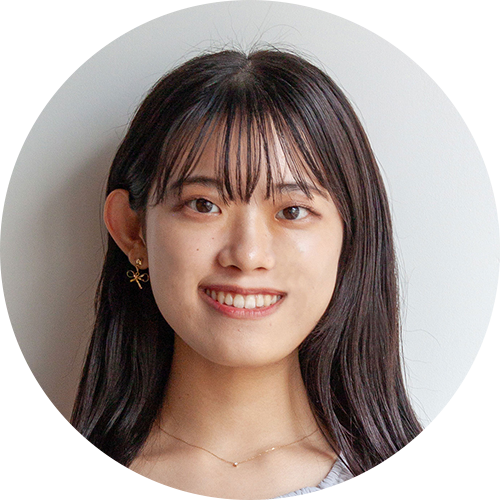
I think a great strength of being an intern at eftax is that you get to experience the zero to one process first-hand. At other companies, you may be given a job that is one to ten or a lot of small tasks, however, I feel like it was such an honor to be entrusted with the important task of planning a new business while still being a student and am able to work everyday with this in mind.
I think society will increasingly need entrepreneurs who can create value on their own, rather than people who want to expand existing businesses. This internship program allows you to learn about various fields while deepening your specialized knowledge, and is a valuable environment for aiming to become a T-shaped or H-shaped person. In fact, I am able to interact closely with engineers while working in a marketing field where I would like to deepen my specialized knowledge. Even though I didn’t gain any development skills, I was able to gain a new perspective and realize that engineers think a certain way when creating products.
If you are interested, please join the eftax internship.
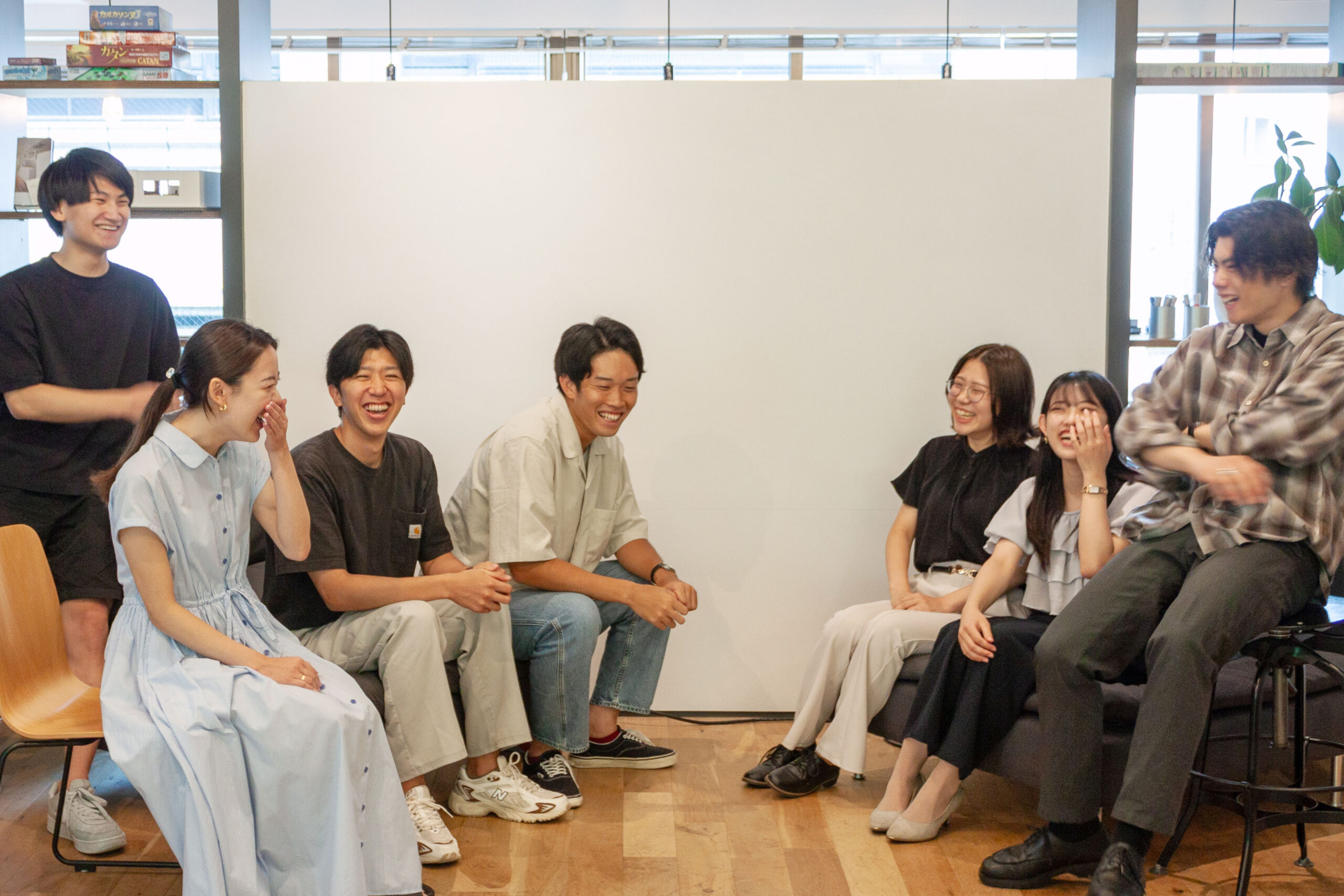

Construction and Operation Support of LMS (Learning Management System) at Kobe University
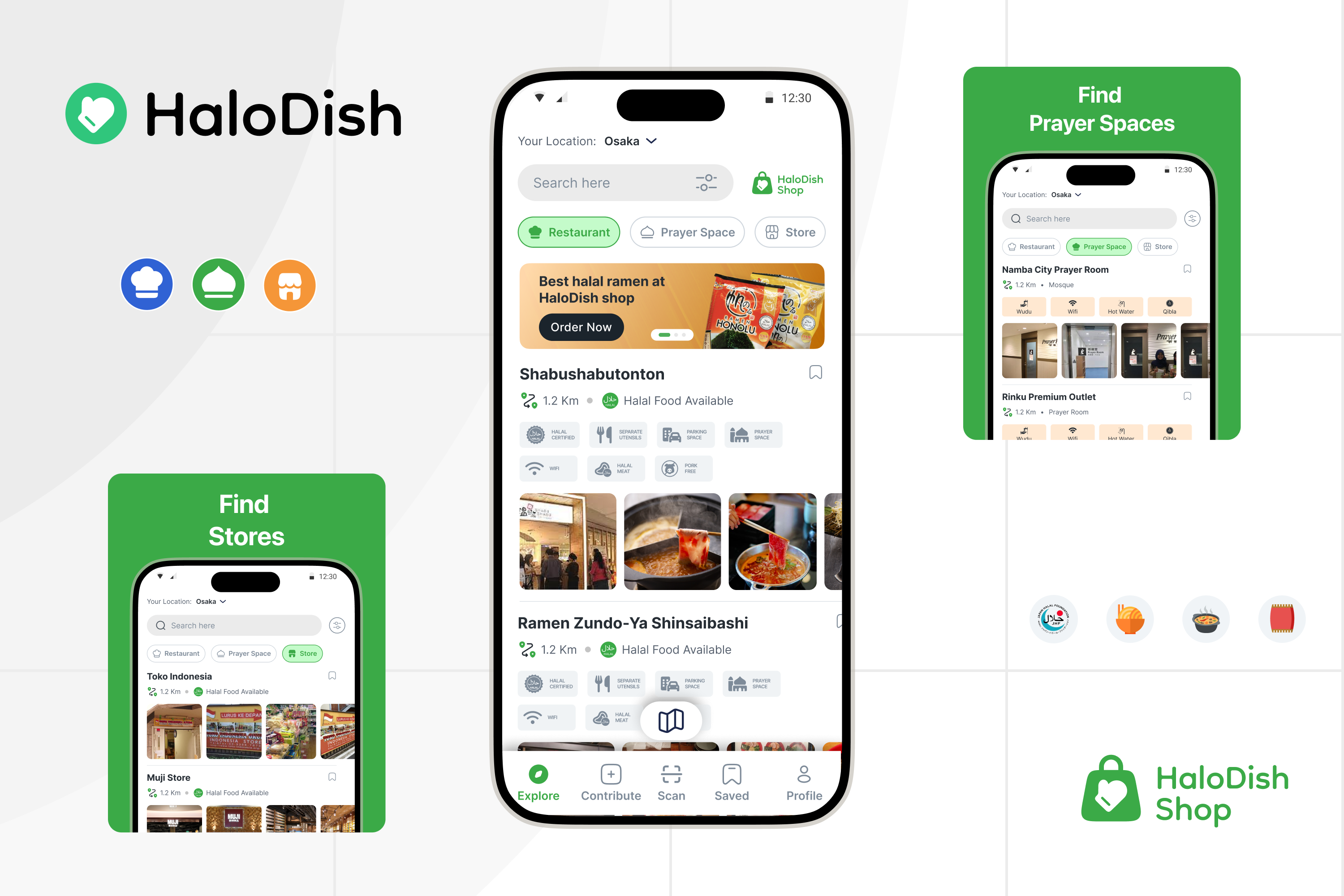
Cross-border app development: a roundtable discussion about collaboration, planning and development of halal locator app, HaloDish
